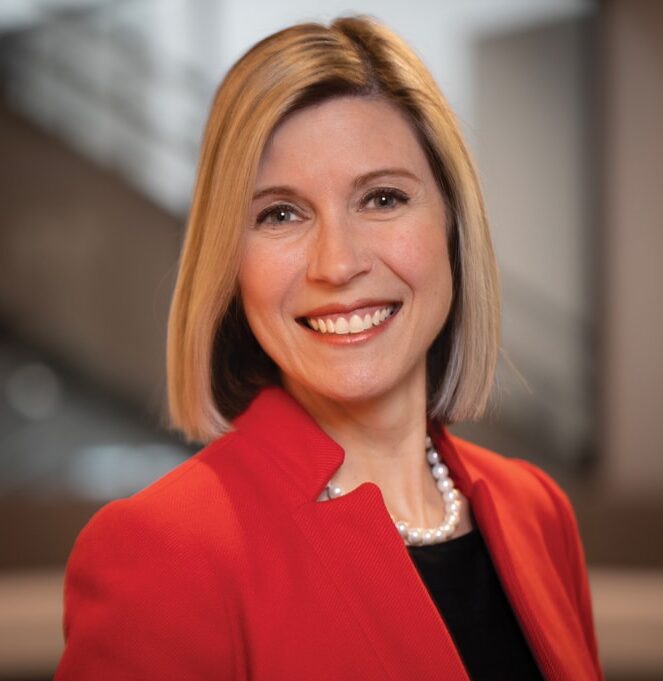The Elbert Files: Shaping the future

Experience teaches that major developments tend to occur as sudden bursts of activity separated by much longer periods of relative dormancy.
This is true in genetics, where archaeologists have learned that millenniums can pass without meaningful changes in a particular species before some unexplained activity triggers a relatively quick series of developmental mutations.
The same is true of history, where inventions of gunpowder, the telegraph and penicillin were followed by massive changes in the way humans interacted, communicated and provided health care.
With the arrival of the coronavirus COVID-19, many of us believe we are on the precipice of new unfathomable change.
No one can predict where things will be a month from now, let alone a year or 10 years or further into the future.
The only thing we can be sure of is that things will be different. Whether that difference is a little or a lot, bad or good, only time will tell.
What we can do is attempt to analyze, anticipate and shape the types of near-term changes we’ll be facing.
Or if we are more daring, we can look beyond the near future, like French author Jules Verne did in 1870 when he wrote “Twenty Thousand Leagues Under the Sea.” Most of the scientific breakthroughs Verne’s original readers could only dream about were old hat a century later.
Given the pace of change since 1870, chances are strong that there is much good yet to come.
Or maybe not. Maybe 2020 will be the high-water mark of civilization as we know it.
But I think not. I prefer to think of the current health care scare as an opportunity to build consensus for solving a lot of problems that have tripped us up in recent years, including climate change and how we can all lead more meaningful lives.
If you think that sounds Pollyannaish, I would have agreed as recently as two week ago.
But just look what’s happened in recent days.
Not only has Democratic front-runner Joe Biden embraced Bernie Sanders’ tuition-free college platform, but Donald Trump and other powerful Republicans are touting a version of Andrew Yang’s $1,000 giveaway as a way to keep the economy from continuing to disintegrate.
There is no way that even Yang could have seen that coming.
So let’s look at some of the possibilities.
One is the potential for less herding in big cities. There was a lot of talk after the 9/11 terrorist attacks about people moving from crowded cities to more rural areas. My son, who lives in New York City, says that discussion has resumed, spurred by social-distancing concerns of the new virus.
It’s ironic, my wife adds, that grass and dirt are suddenly hygienic, or at least more so than tabletops, doorknobs, light switches and other surfaces that we are told can transmit viruses.
Along with being more climate-friendly, might our future also be more sensible about transportation?
If the airline industry crashes, as some predict, there is no reason we need to rebuild it the way it was. A more sensible travel system would emphasize air travel for distances of 1,000 miles or more, high-speed rail for trips of 100 to 1,000 miles, and automobiles for shorter trips.
Health care will change significantly. Let’s just hope it’s for the better, with more emphasis on healthy lifestyles and less on pharmaceutical fixes that provide high-dollar profits for drug manufacturers.
Here’s another tip: Look for a surge of do-it-yourself products. My current favorite is DIY toilet paper.
Whatever happens, remember this: We no longer know what it’s like to live without electricity, refrigeration and penicillin.
And that’s a good thing.







